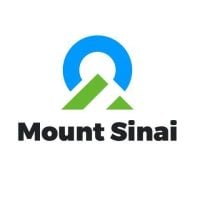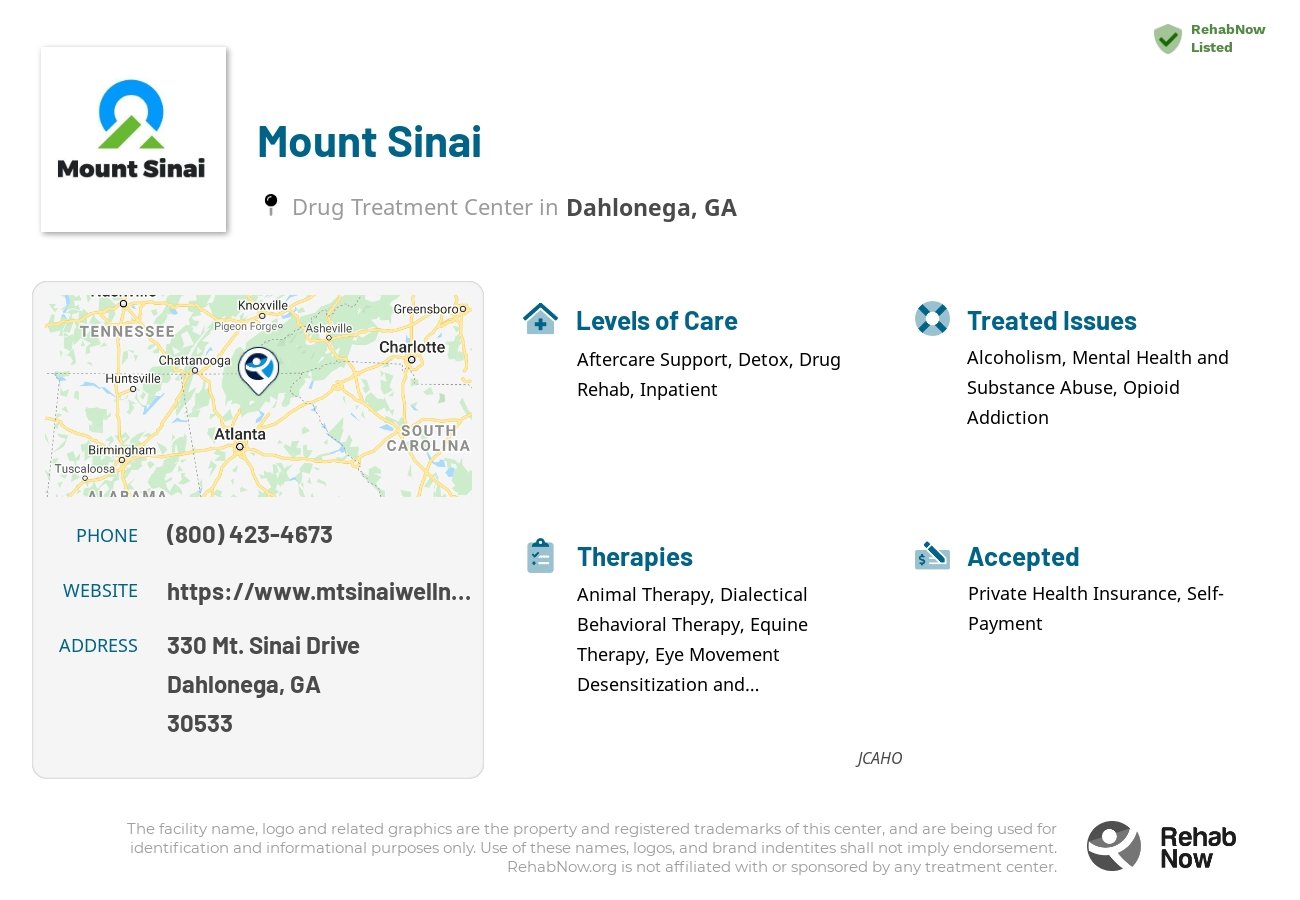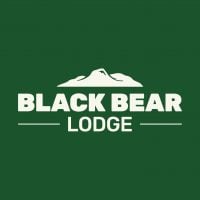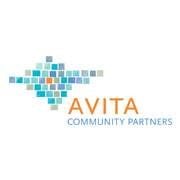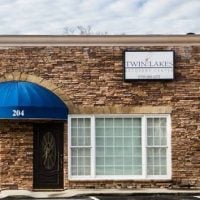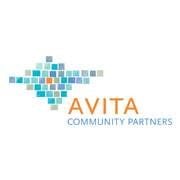About Mount Sinai in Georgia
Mount Sinai in Dahlonega, Georgia, is not just a treatment center; it's a sanctuary on 43 wooded acres in the North Georgia Mountains, offering a luxury residential program for alcohol and drug addiction. This facility differs from others by emphasizing a holistic approach to recovery, incorporating medication-assisted detox and a broad spectrum of therapies including equine therapy and aqua therapy in its luxurious setup.
- Luxurious Amenities: Mount Sinai features semi-private rooms, a yoga studio, and recreational facilities, ensuring comfort during recovery.
- Holistic Treatment Approaches: Incorporates unique treatments like acupuncture, tai chi, and equine therapy to support overall wellness.
- Comprehensive Aftercare: Provides ongoing support through alumni meetings and access to onsite AA and Smart Recovery group meetings.
Mount Sinai’s commitment to excellence is evidenced by its accreditations from LegitScript and JCAHO, highlighting its adherence to high standards of care. The center's approach is client-focused, offering customized treatment plans that address both substance abuse and co-occurring mental health disorders.
The center specializes in treating a diverse range of addictions, including but not limited to meth, opioids, fentanyl, and cocaine. By employing medication-assisted treatment (MAT) alongside counseling and holistic therapies, Mount Sinai ensures a multi-faceted approach to recovery, catering to the individual needs of each client.
Genders
Ages
Modality
Additional
Accreditations

LegitScript

JCAHO
Conditions and Issues Treated
Many people who struggle with opioid addiction need to attend specific programs like methadone , Suboxone or Vivitrol clinics.
These types of programs will provide the patient with legal, prescription medications that can help them overcome their cravings for illegal opioids like heroin or fentanyl . If the patient has a chronic condition like Hepatitis C, they must undergo treatment before they can begin taking these medications.
Levels of Care Offered
This center offers a variety of custom treatment tailored to individual recovery. Currently available are Aftercare Support, Detox, Drug Rehab, Inpatient, with additional therapies available as listed below.
Detox refers to the progressive elimination from the body of toxins. The detox period depends on the form of addiction, the length of drug abuse, and the state of health. Under the supervision of medical practitioners, MAT detox based in Dahlonega, GA requires the use of medications.
Inpatient treatment is an intensive program that takes place when a patient checks into a rehabilitation facility. The treatment includes detoxification and counseling sessions, which are round the clock. Outpatient treatments are also available, but inpatient care is advised as the first step of rehabilitation.
Intensive rehab ensures the patient stays in a substance-free atmosphere, improving treatment success rates. The patient participates in group therapy for motivation from other patients who have overcome addiction. Family members are also involved in providing emotional support throughout the program.
Aftercare is a term that’s used to refer to any sort of continuing care offered for a drug addict who has voluntarily entered a rehabilitation program. This type of care can be provided in several settings, including outpatient therapy sessions after the addict has completed an inpatient program. There are also 12-step support groups, such as Alcoholics Anonymous, which can provide additional help for addicts trying to stay sober.
Therapies & Programs
Individual Therapy is a critical component of addiction recovery. Therapists work with patients to identify the root of their addiction and figure out how to better handle the issues that led to them using drugs. Individual Therapy is the one-on-one session where people meet with their therapist. Individual therapy provides a safe space for people to open up and discuss personal and sensitive topics which they may not feel comfortable discussing in a group setting.
Family therapy will also help families realize that the addiction is not their fault. For many years, people blamed themselves for an addict’s behavior and felt that they had done something wrong. This is not the case. Addiction is a disease, and it can strike anyone, even if their life seems fine from the outside. It can bring a lot of shame to a family when they have an addict in their midst, but if everyone is open and honest with each other, then they can help everyone stay in recovery.
Group Therapy is utilized by drug treatment centers like Mount Sinai to provide the recovering drug addict with a platform to talk about their feelings and experiences. It also provides for an opportunity to learn from other addicts who have successfully overcome their addiction.
Group Therapy is employed in lectures, seminars, or discussion groups (the latter two are typically conducted as “therapy groups”). It is recommended that all group members be recovering addicts for this type of therapy to work (though it does not exclude others with lived experience).
Trauma therapy is a clinical process that helps individuals deal with mental stress often caused by traumatic events. It is generally done for children, teenage victims of sexual assault, and war veterans. The therapist helps the person identify, understand and work through the problem. This is done with the help of talking about it in group or one-on-one counseling sessions. Therapists use relaxation, role-playing, art, and music to help the person open up about what is bothering them.
Dialectical Behavior Therapy (DBT) is used by drug treatment centers across the United States to help drug addicts become sober. DBT combines traditional behavioral treatments with elements from DBT, including dialectics, distress tolerance, and interlocking issues. It is commonly used to treat Borderline Personality Disorder (BPD) along with substance abuse disorders. The four DBT modules are mindfulness, interpersonal effectiveness, emotion regulation, and distress tolerance.
Cognitive behavioral therapy is also a popular service for individuals living with addiction. This type of supportive treatment uses both one-on-one counseling and group sessions to teach addicts how to identify thoughts, behaviors and emotions that might increase their risk of relapse.
These professionals can help addicts develop coping skills for managing stress, improving self-esteem and overcoming triggers. They might also use behavioral therapy to help addicts learn how to avoid cravings and warning signs that could lead them back into addiction.
Therapy can be used as a step-down from inpatient treatment or as the primary method of overcoming an addiction. No matter which option is best for the addict, they will teach important emotional coping techniques, which can make it easier for addicts to get through the tough days.
Eye Movement Desensitization and Reprocessing (EMDR) is a treatment that helps people recovering from drug abuse. EMDR has been proven to be more effective than traditional treatments for treating patients with addiction; it tackles the root of the problem. The rapid eye movements during EMDR sessions reduce the patient’s negative feelings related to past trauma, promoting calmness and relaxation. This, in turn, reduces the chances of relapse at a later stage.
Nutrition therapy has been used to help drug addicts for decades. Many early reports on addiction treatment indicate that some patients recovered from the “satisfying power of food”. For years, this phenomenon has been utilized as a treatment modality in eating disorders for adults, adolescents, and children. Specific nutrients have been identified that influence neurotransmitters associated with reward pathways of the brain.
Studies have shown that carbohydrate loading with complex carbohydrates to elevate serotonin levels was effective in treating bulimia nervosa. This approach prompted researchers to explore the use of this type of nutritional intervention in other disorders.
Nicotine replacement therapy treats nicotine addiction using external sources of nicotine, such as patches or gum to substitute for nicotine. This allows people trying to quit smoking to get their desired dose of nicotine without actually having to smoke cigarettes. The idea behind NRT is that by providing smokers with nicotine in forms that are not cigarettes, they may be more likely to quit smoking.
NRT has been available for many years now, and there is a wealth of evidence that shows that it helps people trying to quit smoking. There are several different types of NRT devices on the market now. Patients interested in quitting smoking should talk to their doctors about the best kind of NRT for them.
Patient Experience
Equine Therapy in Georgia
Equine Therapy is offered by drug rehabs to treat a variety of addictions. A significant part of drug rehab centers that offer Equine Therapy is the farmer’s market effect it provides for patients by caring for and riding horses. The overall goal of Equine therapy is to encourage patients to have hope that they can overcome the challenges they are faced with.
Researchers have found that humans can build trust in each other when they work together with horses. Patients do this by learning how to communicate with the horse through body language to create a bond with it. This process takes time, but eventually, one can understand the horse’s different movements and how they affect the situation.
Payment Options Accepted
For specific insurance or payment methods please contact us.
Is your insurance accepted?
Ask an expert, call (888) 674-0062
Additional Details
Specifics, location, and helpful extra information.
Dahlonega, Georgia 30533 Phone Number(800) 423-4673 Meta DetailsUpdated April 15, 2024
Staff Verified
Is Mount Sinai a LegitScript Verified Treatment Facility?
According to our most recent records, we have found this center to be LegitScript verified.
Mount Sinai Patient Reviews
There are no reviews yet. Be the first one to write one.
Dahlonega, Georgia Addiction Information
Prescription opioid use has caused a large increase in the total amount of overdoses in Georgia. Almost 12% of the Georgia population uses illicit drugs each year, and slightly over 3.5% also abuses alcohol at the same time. This does not include those who binge-drink at least once a month, which includes 20% of all Georgians.
Treatment in Nearby Cities
- Douglasville, GA (73.8 mi.)
- Lavonia, GA (52.4 mi.)
- Centerville, GA (138.7 mi.)
- Metter, GA (190.1 mi.)
- Dalton, GA (56.2 mi.)
Centers near Mount Sinai
The facility name, logo and brand are the property and registered trademarks of Mount Sinai, and are being used for identification and informational purposes only. Use of these names, logos and brands shall not imply endorsement. RehabNow.org is not affiliated with or sponsored by Mount Sinai.
